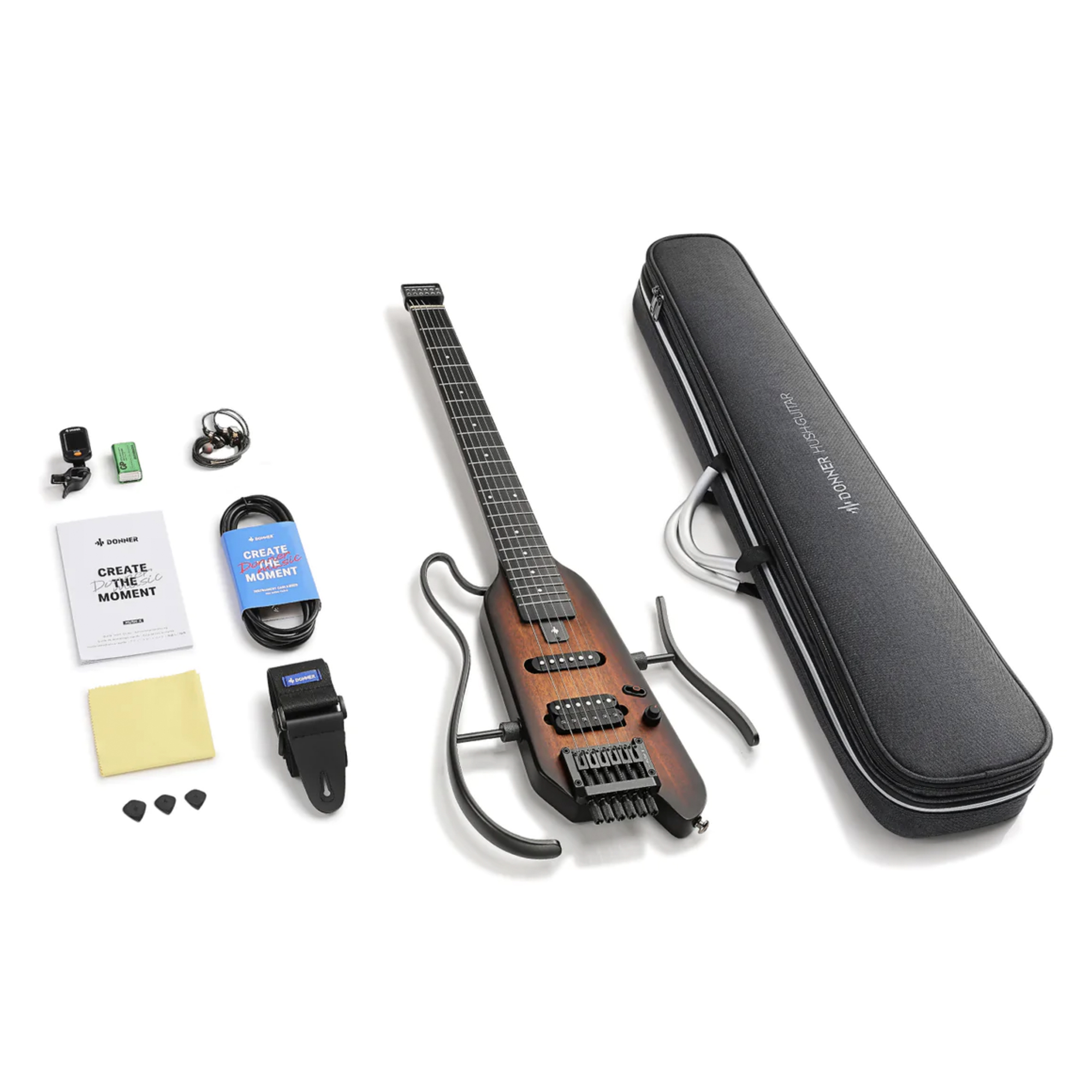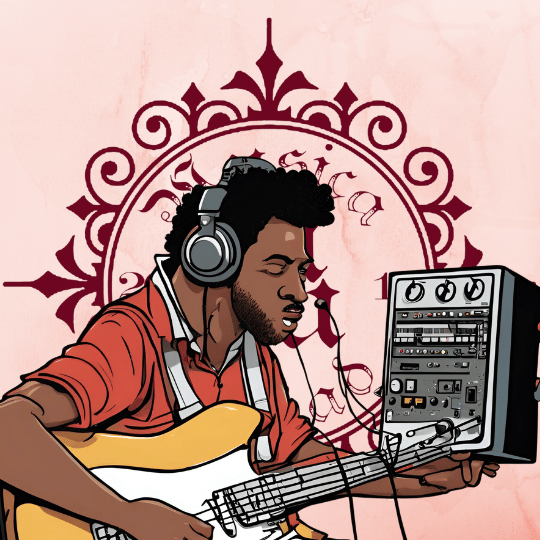Introduction to Writing Your Own Songs for Davao Songwriters by Fête de la Musique Davao and Holodeck Productions
As an Amazon Associate, I earn from qualifying purchases. That means I earn commissions from my sponsored links or I make money when readers (you) purchase items through my links. Your purchase allows me to continue working as a stay-at-home dad who moonlights as a farmer and a musician. Needless to say, this post contains affiliate links.
I started writing songs when I was eight years old. I didn’t even know that’s what I was doing. I just had words and melodies in my head, my sister’s beat up Casio keyboard, a notebook and a ballpen to scribble it all down.
It wasn’t until I had a band that I realized that I could make a career out of songwriting.
I recently had the privilege to take part in a songwriting workshop put up by Fête de la Musique Davao and Holodeck Productions. It was attended by about 30 people of different walks of life and musical talents and mentored by excellent Davao musicians.
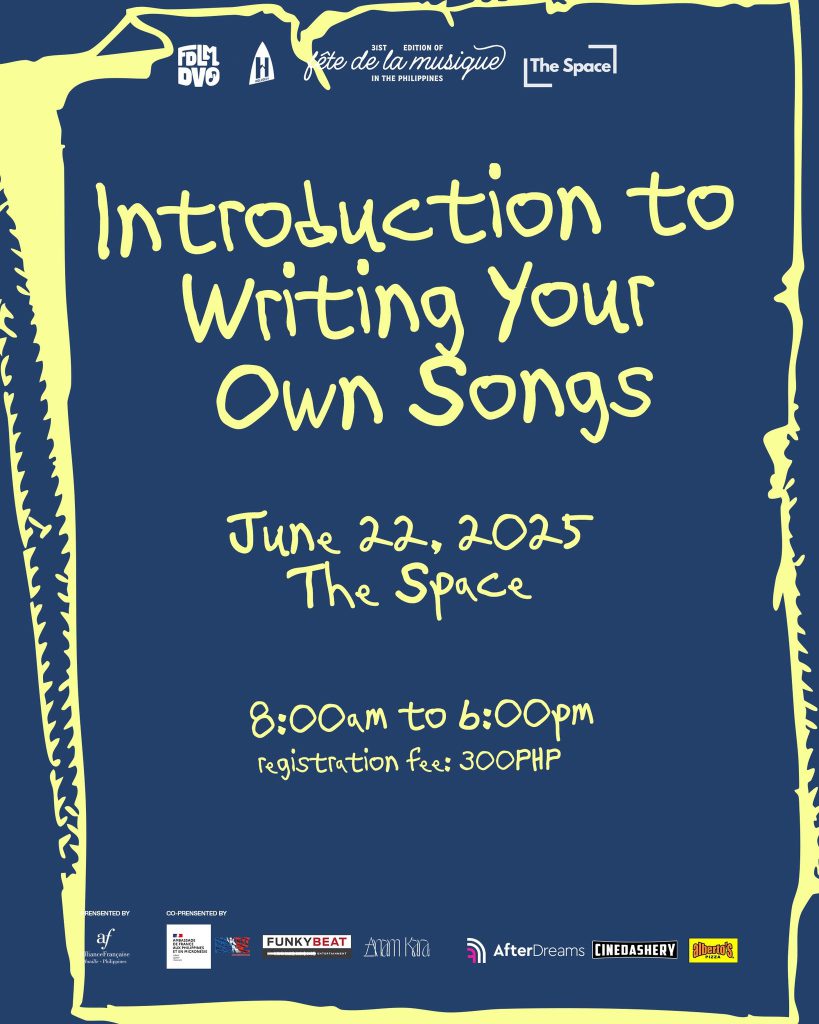
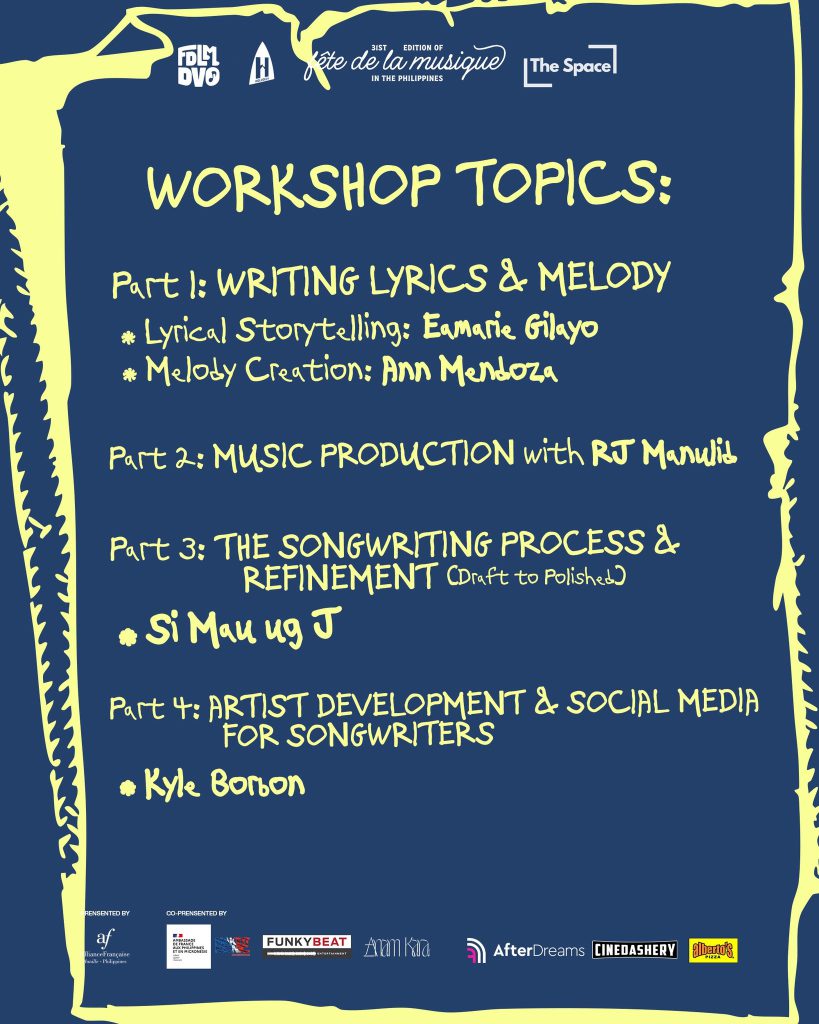
This piece is also a reflection on my time during the workshop, songwriting in general, and why now, more than ever, we need to empower the musical voices of our city.
What is Songwriting Really?
Songwriting is more than just rhyming lines and catchy hooks. It’s storytelling.
It’s reflection.
It’s survival.
When you write a song, you’re not just making art; you’re freezing a moment in time.
You’re saying, “This is how I feel. This is what I think. And I hope you feel it too.”
In Davao City, we have so many hidden voices. Bedroom composers. Indie musicians. Underground bards. And now, thanks to events like Fête de la Musique and supporters like Holodeck Productions, these voices are getting the spotlight they deserve.
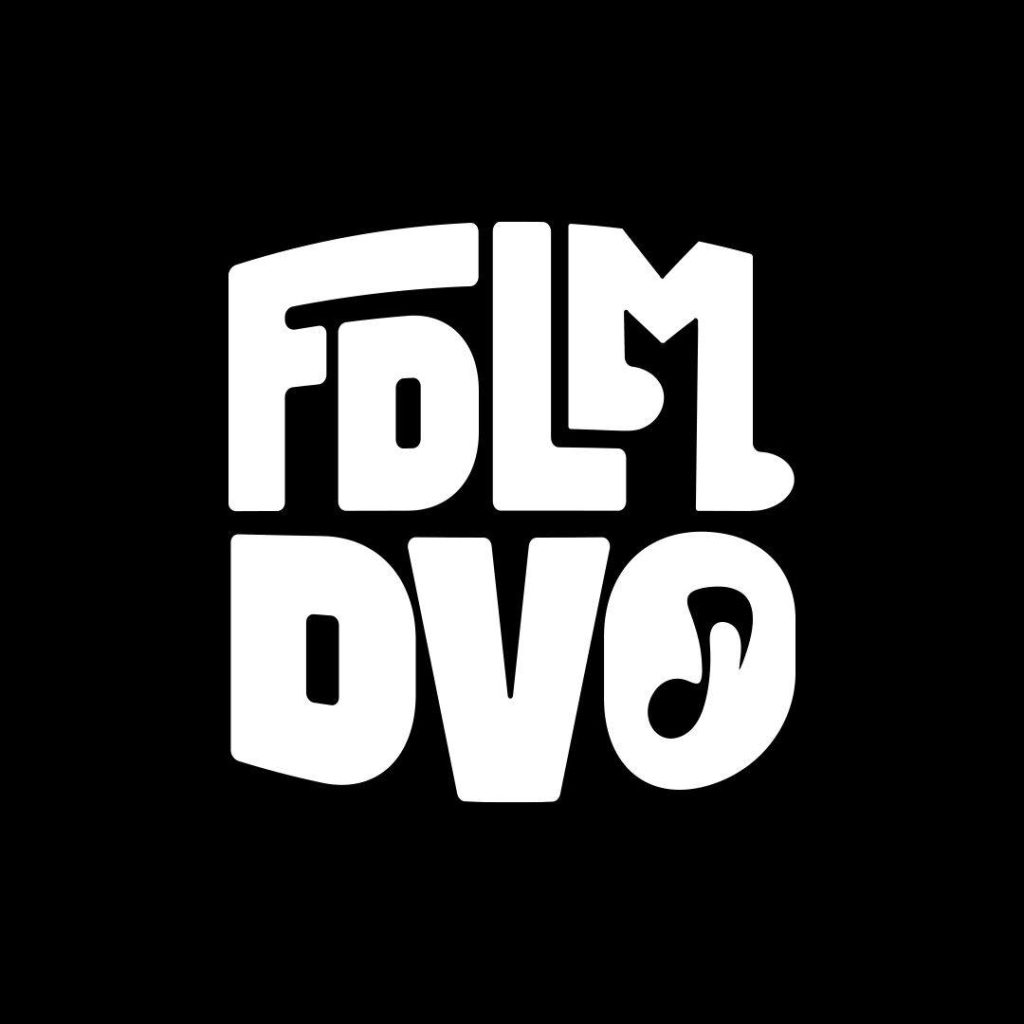

But how do you begin your songwriting journey?
My Own Songwriting Journey (From a Kid with a Notebook to Having my Own Band on Spotify)
I was eight when I started writing songs.
No formal training.
No YouTube tutorials. Just raw feelings and a beat-up notebook. It took me years to understand that what I was doing could actually become a musical career.
I mean, I started doing it as a trip. But when I finally had a band? Boom. Everything changed.
Suddenly, I had context. I saw how writing songs could shape identity, bring people together, and even earn income. That’s when I started diving deeper into the technical stuff, the craft, and the copyright stuff (more on that later).
Shameless plug: Check out my band, Acidradius, on Spotify.
It’s Never Too Late to Learn
No matter how old you are, it’s never too late to start writing music.
Never.
And that’s beautiful.
I met people in their 30s, 40s, even 50s during the Fête de la Musique Davao workshop who were jst starting out on their songwriting journey. The youngest member in our small group (we were broken down into small teams) was 12 and the eldest was this woman in her 50s.
Songwriting doesn’t care about your age or what school you went to. All it wants is your honesty and your willingness to experiment.
So if you think you’re too late to join the game, it’s not true. The only late move is the one you never make.
Sidebar: A Funny Thing Happened Before the Workshop…
I was so excited for the songwriting workshop, that I showed up a day early.
Yeah. I thought it was going to be held on a Saturday, but after looking at the calendar, I saw that the 22nd was on a Sunday.
It was a good thing I left my guitar and amp in the pickup before I climbed the stairs to get to the venue on the 2nd floor.
I had to message one of the mentors to ask if the workshop was still on or if it was cancelled. And then she told me it wasn’t until the day after.
So, I came back the next day, ready and on time.
Despite the pickup breaking down. The pickup truck decided to take a day off. So I had to commute to the venue.
But you know what?
It was worth it.
When I got there, I found myself surrounded by incredibly talented Davao songwriters. Some were veterans. Others were fresh or unitiated.
But all of them?
Passionate.
Committed.
Willing to learn.
Willing to share.
Songwriting Mentors Who Made It Real
The workshop featured some amazing Davao musicians as mentors:
- Eamarie Gilayo: Emotional depth with technical prowess. She’s a great singer and composer and I have her songs saved on my Spotify.
- Anne Mendoza: Another melody magician and hook wizard. Her songs are melancholic and I’ve seen her live a few times. They’re great songs and she’s also saved in my Spotify.
- RJ Manulid: Davao producer with a tasteful approach to production. He manages to transform songs with his choice decisions.
- Mau Ria: This girl is a musical genius. She along with her songwriting partner J Florence take songwriting to a whole new level. They’re also master marketers who create really well-thought out songs.
- Kyle Raphael Borbon: one of the quieter mentors who shared their experience and other practical advice that really helped me put things in perspective with regard to my musical journey.
Each one brought something unique to the table. But more than their success stories, it was their generosity that struck me. They were willing to teach, collaborate, and give their honest feedback.
SideBar: Exploring the Circle of Fifths
Let’s get a bit technical now.
One of the most useful tools in songwriting is the Circle of Fifths. Think of it like a roadmap for your chords. It tells you what keys go well together, what chords to use for modulation, and how to create tension and release.
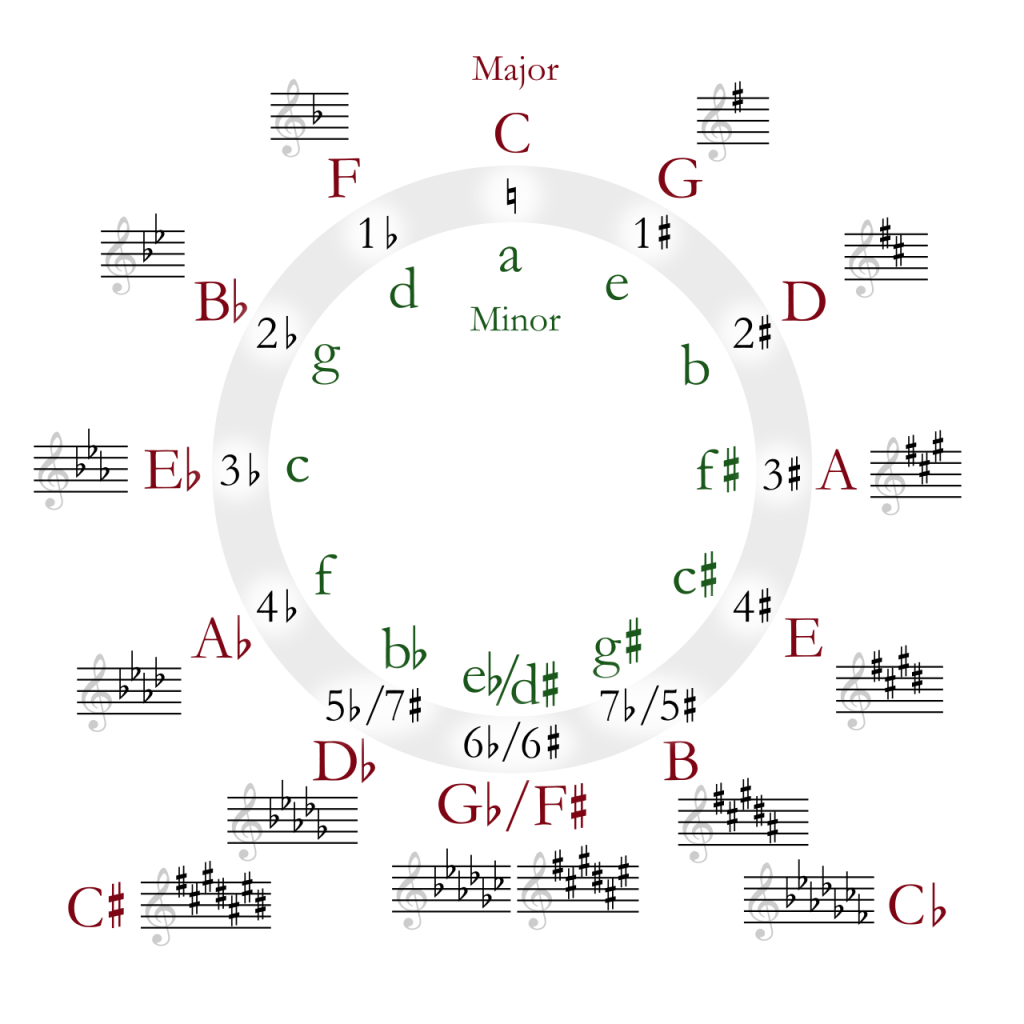
Here’s a quick way to use it:
- Pick a key. Say, C major.
- Move clockwise: G, D, A, E… These are your closely related keys.
- Move counterclockwise: F, Bb, Eb… Same idea.
Why it works: these chords share common tones. That means you can move between them smoothly, naturally. This helps in writing songs that feel “right,” or songs that don’t feature awkward chord changes.
Pro tip: Use the relative minors to add emotion. In C major, that’s A minor. Instant sad vibe!
I learned this way back when I took up chord theory as part of my guitar lessons through Yamaha School of Music.
And I was glad it was discussed by Anne Mendoza during her time to teach and jogged my memory.
Benefits of Writing Your Own Songs
So, why should you take up songwriting or writing your own songs?
1. It’s an Authentic Way to Express Yourself – When you write, you speak your truth. You own your story.
2. It Gives You Creative Freedom – songwriting gives you a lot of freedom. There’s no boss or label to dictate how you should make your own songs. Want a rock verse with a reggae chorus? Go. Mix tribal beats into a jazz song? Why not?
3. You Expand Your Own Career Possibilities – Yes, songwriting can be a legit income source. Licensing, streaming, gigs, collabs. These are ways that you can earn money through music. Now who said you couldn’t make money as a musician?
4. It’s Great for Healing – Writing helps process emotions. Heartbreak? Loss? Anxiety? Pour it into your music.
5. Your Songs can be a Lasting Legacy – Your songs will outlive you. And if enough people like it, it can live through them.
The Poorman’s Copyright
Getting a copyright is important, but sometimes the process can be so intimidating. So here’s a hack: the Poorman’s Copyright.
How to Do It:
- Record your song (voice memo, DAW, anything).
- Save it as a file with date.
- Send it to yourself through registered mail.
- Do not open or edit the file after.
This won’t replace FILSCAP registration or official copyrighting, but it proves authorship if ever someone contests your creation.
Still, if you want the real deal, go register your works through the National Library and FILSCAP. It’s one of the best ways to protect your songs and earn performance royalties.
Final Thoughts: Why This Matters
Songwriting is one of the most powerful tools a person can develop. It sharpens your emotions. It hones your discipline. It trains your ear, your patience, your empathy.
And most of all, it helps you connect.
Every line you write is a small revolution.
Every song you finish is a story saved from death by silence.
So write.
Rewrite.
Sing.
Share.
Davao has some of the best unsigned talent in the Philippines. That’s why events like Fête de la Musique Davao is important. It gives us a voice. A platform. It tells the world: “Hey. We exist. And we got something to say.”
So, if you’re from Davao City and you write music?
Don’t stop.
Keep going.
Collaborate.
Learn.
Perform.
Protect your work.
And keep writing.
Your voice matters.
And represent Davao while you’re at it.



